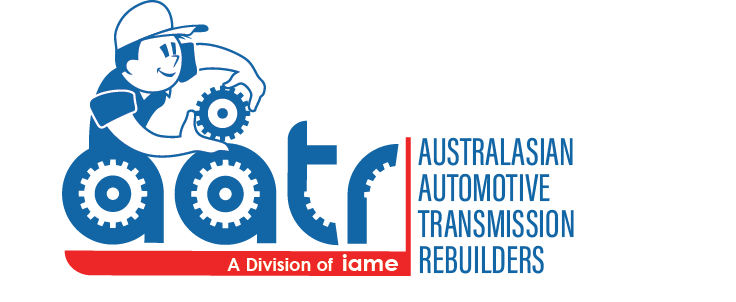About US
Established on 16 January 1999, the Automatic Transmission Rebuilders of Australasia (ATRA) is a division of the Institute of Automotive Mechanical Engineers (IAME).
Our Association
A brief history...
The original AATR (Australasian Automatic Transmission Rebuilders) was founded on January 1, 1982. It was a voluntary, non-profit trade association based on and affiliated with the US based Automatic Transmission Rebuilders Association. AATR was instrumental in bringing together the fledgling automatic transmission industry in Australia. It also set a precedence that was innovative to the automotive industry in Australia. AATR provided members with a much needed source of technical information through a regular bi-monthly magazine named "ATRA/Torque". Through this magazine, members were kept informed of the constant changes in the automatic industry, with articles and information from overseas and locally. The resignation of its former Executive Officer, Peter Cardiff, in January 1999 prompted the directors of AATR to join IAME. Winding up the association embraced a name change to what we are known now as Australasian Automatic Transmission Rebuilders - the new AATR! - which recognises our members in New Zealand and Fiji.
It wasn’t until 2019 when the IAME was notified that the ATRA US Chapter had been moved to another company, we were also informed that a world trademark had been taken out of the name “ATRA” and in fact we have been informed to cease using the name “ATRA”.
We need to remain united and will now run as Australasian Automotive Transmission Rebuilders (AATR). This name change has assisted in us being able to include hybrid and electric vehicles and bring another range of challenges to the transmission drive of a motor vehicle.
The new AATR is steadily growing towards the proportions of the former ATRA association with its membership steadily increasing. With the support of IAME, AATR is gaining support from both the industry and the general public. In conjunction with the Australian Automotive Trade Fair, we have put together a few very successful seminars where International and Local industry experts have presented up-to-date information to our members.
Due to the success of these seminars we look forward to our Annual Seminar, the Premier Event in the Transmission Industry. Please watch our Events page to keep notified of our future seminars. With the administration of the IAME and the dedication from our members and elected officials, AATR / IAME will again provide Australia the means by which the general public can enjoy the benefit from a structured automatic transmission industry. AATR Members agree to support and adhere to rules and guidelines set by the committee and especially to the Code of Ethics which was adopted from the original ATRA association.
Some important provisions in the Code of Ethics are... That members do not engage in any false or misleading advertising. That they give FREE diagnostic service to the customers of other members. That they refrain from engaging in any other practice which might lower the standards or damage the reputation of the Automatic Transmission Repair Industry.
Automatic transmissions are more complicated, have more parts and operate at higher temperatures than previous transmissions. The specialists who repair them need higher skill levels than ever. Hands-on experience is not enough to keep them abreast of today's technology. Technicians supplement their high skill levels through subscribing to AATR / IAME technical services, through studying the manufacturers manuals and updates and through up-to-date training provided by AATR / IAME nationally. Have confidence in your transmission specialist! For all driveline service or repairs, feel confident in dealing with an AATR / IAME member. He treats your vehicle with the respect it deserves.









